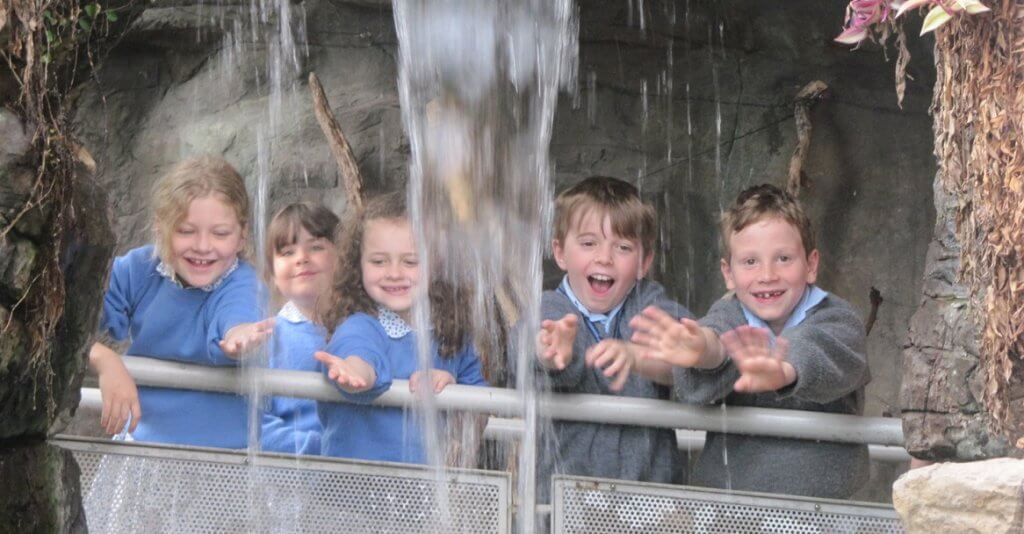Although we humans have only dipped our toes when it comes to marine exploration, we have already discovered so much about the world beneath the waves. When it comes to marine life, we think it’s crucially important to educate and inspire pupils of all ages – after all, they are the marine biologists, environmental consultants, and aquarists of the future.
Why Visit an Aquarium
Spending the day at an aquarium is an exciting opportunity for your pupils to learn more about our marine life, the environment, and the future of our planet. Not only will it be an educational experience, but it will allow them to encounter unusual creatures that they may not have seen before. If organised properly, a trip to an aquarium can make a difference to how well your pupils absorb and retain information about our oceans.
Taking your class to an aquarium should be fun, educational, and safe. We’ve outlined a few steps that you can take to make sure your school trip ticks all of these boxes.

Plan Your Itinerary
Your pupils will be excited to find out that they are visiting an aquarium, and as a teacher you have to be prepared for this excitement to cause a little bit of restlessness. Planning your itinerary beforehand is a great way to bring a sense of order to your trip and ensure that things run smoothly.
Visiting the aquarium before the trip itself will give you a better understanding about how to arrange your day, as well as a sense of travel time and how well the aquarium can cater for your class. Some aquariums, including Bristol Aquarium, encourage teachers to visit the aquarium beforehand, as this is a good opportunity to complete any risk assessments and find out how well the trip will adhere to the national curriculum.
Once you’ve completed all of the necessary paperwork, you will only have to focus on getting your pupils to the aquarium – from there you can take a back seat while your tour-guide takes over, which means this trip can be an educational experience for you, as well as your pupils.
Provide Learning Aids and Activities
An aquarium is a sensory experience, and there’s plenty for your pupils to take in while they’re learning all about our oceans. For some students, this might be a little overwhelming, so providing learning aids will help them to focus their attention on the particular points that your guide will cover.
Usually, aquariums will provide an activity pack for you, but if not, it’s worth putting one together yourself. This is a great way to keep your pupils focused on the educational aspect of the day. Providing them with relevant activities such as wordsearches, fill-in-the-blanks, and fun facts will give them something fun to do in-between the exciting exhibits that the aquarium offers – ensuring that the day remains productive throughout.
Plan Your Follow-Up
Once you’ve visited the aquarium, your pupils will have had a fun, interactive experience, and will have learned all about our marine life. Learning in this environment will help them to retain the information that they have been presented with, and following it up properly will help you take their learning one step further.
Using some time during your next lesson to ask your class to discuss what they have learned can reinforce the educational experience that the aquarium provides. Use visual aids to assess how much information your pupils have retained, and cover any key points that they may have missed. If you’re yet to make use of your activity packs, this would be an ideal time to use them to jog your pupils’ memories. Following up your trip with a lesson will reinforce their learning, and there are plenty of ways to bring the ocean to your classroom.
Bristol Aquarium: An Educational Experience
With years of experience working with local schools, we provide a curriculum-friendly, interactive experience for pupils. We believe that educating students on our marine life, the environment, and the future of the planet will inspire them to learn more and develop a lifelong sense of curiosity about our oceans.
